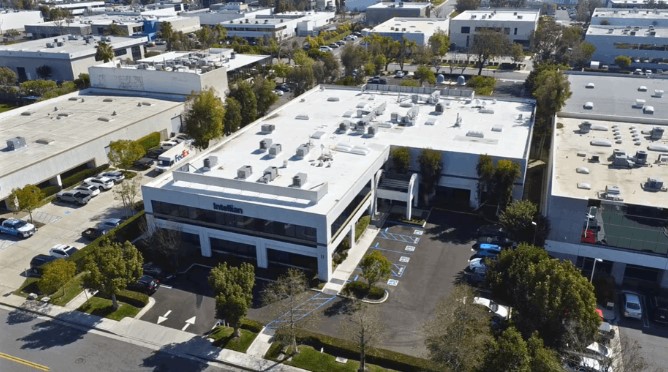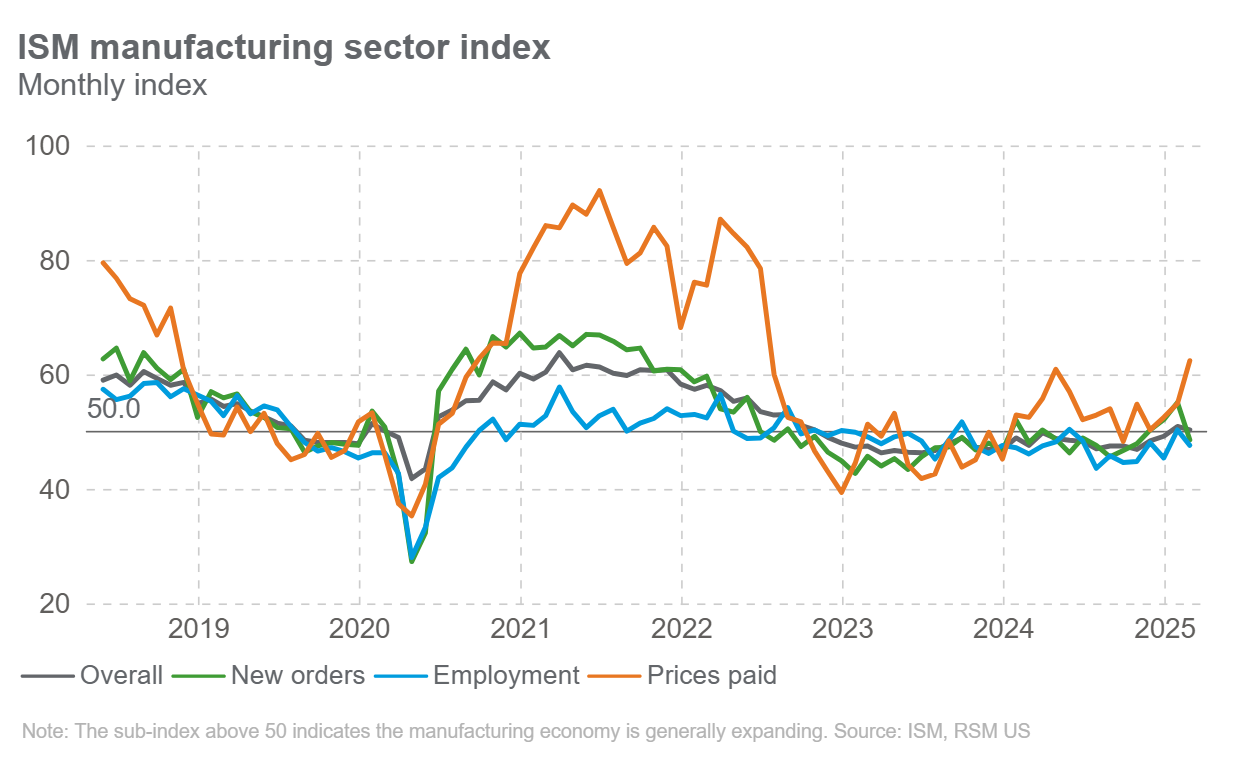Manufacturing's Homecoming: Why Reshoring Isn't Trump's Magic Trade War Bullet
Manufacturing
2025-04-08 20:04:54Content

In recent years, governments worldwide have dramatically ramped up their industrial policy interventions, creating a complex landscape of economic manipulation that ultimately fails to serve the interests of everyday consumers. While policymakers argue these strategies are designed to boost economic growth and national competitiveness, the reality reveals a different narrative.
The surge in government involvement across various sectors—from technology and manufacturing to green energy—represents an unprecedented level of economic micromanagement. These interventions, often cloaked in the language of strategic development, frequently result in market distortions that protect inefficient industries and stifle genuine innovation.
Consumers bear the brunt of these misguided policies. Instead of experiencing the benefits of free-market competition, they face higher prices, reduced choices, and slower technological advancement. Government-backed industrial policies tend to create artificial barriers that protect established players, making it harder for nimble, consumer-focused companies to enter and disrupt markets.
Moreover, these interventionist approaches frequently misallocate resources, channeling investments into politically favored sectors rather than those most responsive to genuine market demands. The result is an economic ecosystem that prioritizes bureaucratic objectives over consumer welfare.
As governments continue to expand their economic footprint, the fundamental question remains: Are these industrial policies truly serving the public interest, or are they merely sophisticated mechanisms for maintaining political and economic control?
The Hidden Costs of Government Intervention: A Deep Dive into Industrial Policy Consequences
In the complex landscape of economic governance, governments worldwide are increasingly embracing industrial policies that promise transformation but potentially conceal significant economic repercussions. These interventionist strategies, while seemingly well-intentioned, are reshaping market dynamics in ways that challenge traditional economic understanding and potentially undermine consumer welfare.Unraveling the Complex Web of Government Economic Manipulation
The Emerging Paradigm of State-Driven Economic Intervention
Modern economic landscapes are witnessing an unprecedented transformation where governmental bodies are increasingly inserting themselves into industrial ecosystems. This trend represents a fundamental shift from traditional free-market principles, where governments are no longer passive observers but active architects of economic structures. The implications of such interventions are profound and multifaceted, extending far beyond immediate policy objectives. Governments are deploying sophisticated mechanisms to influence industrial trajectories, ranging from targeted subsidies and strategic investments to regulatory frameworks designed to shape market behaviors. These interventions are often justified under the banner of national economic development, technological advancement, and global competitiveness. However, the underlying mechanisms frequently create distortions that compromise market efficiency and consumer interests.Economic Distortions and Consumer Impact
The proliferation of industrial policies introduces significant market inefficiencies that directly impact consumer experiences. By artificially manipulating economic landscapes, governments create environments where traditional market signals become obscured, leading to suboptimal resource allocation and reduced competitive dynamics. These interventionist approaches often result in unintended consequences. Protective measures designed to support domestic industries can inadvertently create monopolistic environments, reducing consumer choices and driving up prices. The protective umbrella extended to specific sectors can stifle innovation, as companies become more reliant on governmental support than market-driven competitive strategies.Global Economic Implications and Strategic Considerations
The rise of government-driven industrial policies represents a complex geopolitical phenomenon with far-reaching implications. Nations are increasingly viewing economic strategies through a lens of strategic competition, where industrial policies become tools of national economic warfare. This approach transforms traditional economic interactions into sophisticated chess matches of technological and industrial positioning. International trade dynamics are being fundamentally reshaped by these interventionist strategies. Countries are no longer simply competing through traditional market mechanisms but are deploying comprehensive industrial policies designed to secure technological superiority and economic resilience. This shift creates intricate global economic networks where governmental strategies play a more significant role than pure market dynamics.Technological Innovation and Policy Challenges
While industrial policies aim to catalyze technological innovation, they often create paradoxical outcomes. By providing artificial support to specific industries, governments might inadvertently reduce the natural evolutionary pressures that drive genuine technological advancement. The most transformative innovations historically emerge from competitive, dynamic market environments rather than carefully managed governmental frameworks. The challenge lies in striking a delicate balance between strategic support and maintaining market dynamism. Overly prescriptive industrial policies risk creating technological ecosystems that are more bureaucratically managed than organically developed. This approach can lead to reduced adaptability and slower innovation cycles compared to more naturally evolving technological landscapes.Navigating the Complex Terrain of Economic Intervention
Understanding the nuanced implications of government industrial policies requires a sophisticated analytical approach. Policymakers must recognize that economic interventions are not simple, linear processes but complex systems with multidimensional consequences. The most effective strategies will be those that provide strategic guidance while maintaining sufficient market flexibility. Transparency, continuous evaluation, and adaptive policymaking become crucial in mitigating potential negative consequences. Governments must develop robust mechanisms for assessing the real-world impacts of their industrial policies, being willing to modify approaches based on empirical evidence rather than ideological commitments.RELATED NEWS
Manufacturing

Manufacturing Mayhem: China's Industrial Sector Stumbles Under US Trade Pressure
2025-04-30 03:15:00
Manufacturing

Detroit's Tech Transformation: Apple's Academy Set to Revolutionize Local Workforce Training
2025-02-24 17:34:44
Manufacturing

Robots on the Factory Floor: How Autonomous Mobile Robots Are Revolutionizing Manufacturing
2025-04-09 00:00:00




